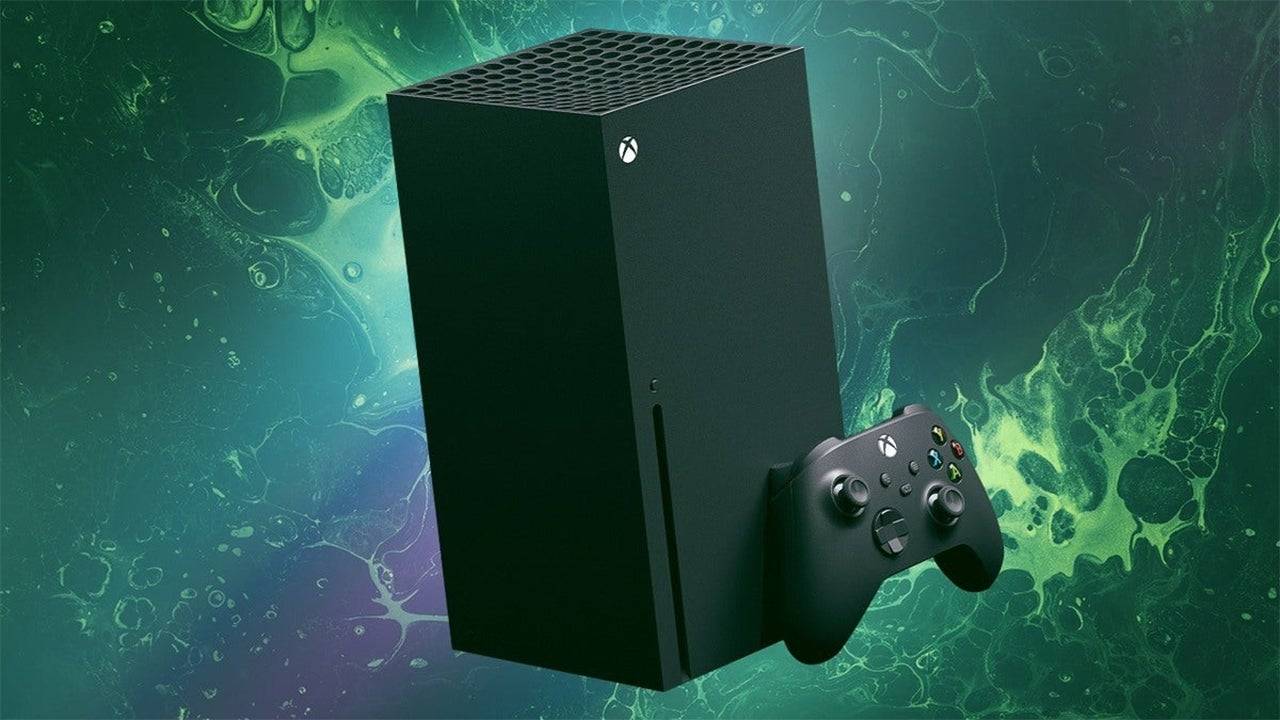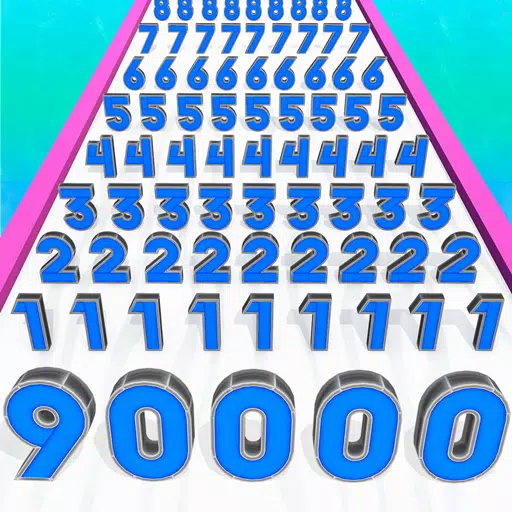The age-old debate between PlayStation and Xbox has been a cornerstone of the modern gaming world. You might have engaged in this discussion on Reddit, TikTok, or in heated conversations with friends. While some gamers swear by the superiority of PCs or the charm of Nintendo, the rivalry between Sony and Microsoft has shaped much of the video game industry over the past two decades. However, the landscape of gaming has changed dramatically, especially in recent years, leading us to question whether the so-called 'console war' still rages on. With the rise of handheld gaming and the tech-savvy younger generations, the gaming battlefield has evolved. So, has a clear winner emerged? The answer might surprise you.
The video game industry has transformed into a financial powerhouse. In 2019, it generated $285 billion in revenue worldwide, which surged to $475 billion by last year. This figure surpassed the combined earnings of the global movie and music industries in 2023, which totaled $308 billion and $28.6 billion, respectively. The industry's growth shows no signs of slowing down, with projections estimating nearly $700 billion by 2029. This remarkable expansion has not gone unnoticed by Hollywood, with stars like Mads Mikkelsen, Keanu Reeves, Jon Bernthal, and Willem Dafoe lending their talents to video games in recent years. Disney's $1.5 billion investment in Epic Games underlines the industry's lucrative future. However, not all companies are riding this wave of success, as evidenced by Microsoft's struggles with its Xbox division.

The Xbox Series X and S were designed to surpass the Xbox One in every aspect. Yet, the Xbox One has outsold the Series X/S by nearly double. According to Mat Piscatella of Circana, the current console generation may have reached its sales peak, casting a shadow over Xbox's future. In 2024, Xbox Series X/S sold fewer than 2.5 million units, while the PlayStation 5 achieved the same sales figure in just the first quarter of the year. Rumors of Xbox potentially shutting down its physical game distribution and pulling out of the EMEA market only add to the concerns. It seems Xbox is not just retreating; it has already surrendered.
Microsoft's perspective on the console war was revealed during the Activision-Blizzard acquisition process, where it admitted that it never believed it had a chance to win. Facing declining sales and acknowledging its shortcomings, Microsoft has shifted its focus from hardware to services. Xbox Game Pass has become a central priority, with Microsoft willing to pay hefty sums to include AAA titles like Grand Theft Auto 5 and Star Wars Jedi: Survivor on the subscription service. The 'This Is An Xbox' campaign further signals Microsoft's intent to redefine Xbox as an accessible service rather than just a console.
Rumors of an Xbox handheld device and Microsoft's plans for a mobile game store to rival Apple and Google indicate a strategic pivot toward mobile gaming. Xbox chief Phil Spencer has acknowledged the dominance of mobile gaming, which is shaping the company's future direction. This shift is driven by the staggering number of mobile gamers—over 1.93 billion out of the 3.3 billion total gamers in 2024. Mobile gaming now constitutes half of the video game industry's $184.3 billion market, with console gaming accounting for just $50.3 billion and declining.

The rise of mobile gaming isn't a recent phenomenon. By 2013, mobile gaming in Asia already outpaced the West, with South Korea and China leading the charge. That year, Puzzle & Dragons and Candy Crush Saga outperformed GTA 5 in revenue. Over the 2010s, mobile titles like Crossfire, Monster Strike, Honor of Kings, Puzzle & Dragons, and Clash of Clans were among the highest-grossing games, yet they often fly under the radar compared to console blockbusters.
Beyond mobile, PC gaming has also seen a surge in popularity, growing by 59 million players annually since 2014, reaching 1.86 billion in 2024. The COVID-19 pandemic contributed significantly to this growth, with an additional 200 million players joining in 2020. Despite this, the gap between console and PC gaming revenue has widened to $9 billion, suggesting that PC gaming's rise might not be enough to challenge console dominance in the near future.

Turning to PlayStation, Sony has enjoyed robust sales, with 65 million PS5s sold to date, significantly outpacing the combined 29.7 million sales of the Xbox Series X/S. Sony's profits in its Game and Network Services increased by 12.3%, driven by strong first-party sales such as Astro Bot and Ghost of Tsushima Director’s Cut. Projections suggest that by 2029, Sony will have sold 106.9 million PS5s, while Microsoft expects to sell 56-59 million Xbox Series X/S units by 2027. Despite these numbers, the PS5 struggles to justify its price with only 15 genuine PS5-exclusive games available.
The PS5 Pro, priced at $700, received a lukewarm reception, with many feeling the upgrade came too early in the console's lifecycle. The lack of compelling exclusives and the high cost have led to skepticism among gamers. However, the upcoming release of Grand Theft Auto 6 could change the narrative, potentially showcasing the PS5's true capabilities.
So, is the console war over? Microsoft seems to have conceded defeat, focusing instead on services and mobile gaming. Sony, while successful, has yet to fully justify the PS5's leap forward. The real victor appears to be those who opted out of the console war altogether. As mobile gaming companies like Tencent continue to expand, the next era of gaming will likely be defined by cloud gaming and mobile dominance, rather than traditional console battles.















